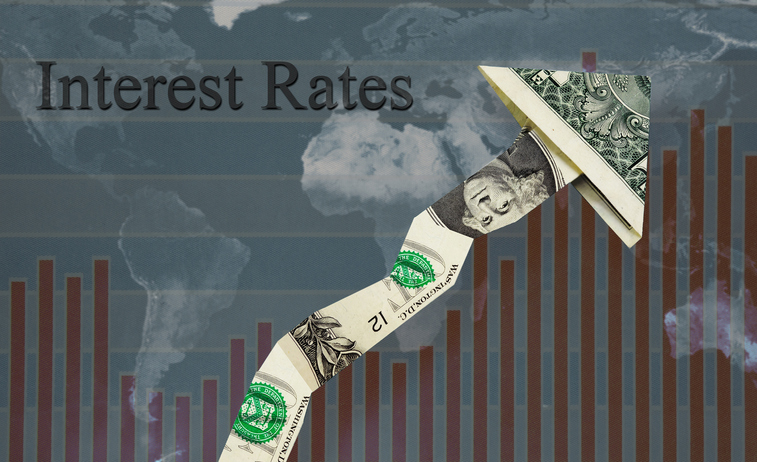
By Matt Metcalf
The sky is falling! The sky is falling! I have to lock my mortgage rate now! The Fed meets this week and the majority of the market is expecting them to raise rates. What does this really mean for the mortgage market and mortgage rates?
Not much. The Fed funds rate is the rate that banks lend money to each other on an overnight basis. The Fed raising rates a quarter percent does not instantly translate into a quarter percent increase in mortgage rates. The mortgage rates do not run parallel to the Fed rate. The perception is that all rates just rise or fall with a Fed change but the reality is that the Fed rates have less of an instant impact and are more an indication of long term borrowing trends for all types of credit.
Here’s why:
Mortgage rates are up already.
Many people may not even know that mortgage rates have increased substantially in the last few weeks following the election. There are many potential reasons for this that we could discuss for hours, but mortgage rates have risen around ½ percent or more, so running to your lender even now means you are already too late.
Quick reaction and then…
Mortgage rates typically see a quick jump with news of a Fed raise, but rates have already increased substantially. Why? Because not only do mortgage rates not run directly parallel to the Fed rates, but often the mortgage market has already reacted to the anticipation of an increase due to improving economic factors. Not only have we seen unemployment drop to new lows, but income growth is picking up and the stock market appears to be on solid footing (depending upon which expert you talk to of course).
Prior to the last Fed rate increase in 2015, mortgage rates had also risen substantially and after the Fed rate increase, mortgage rates actually started moving down. This is definitely a possibility for this Fed rate hike as well.
What to watch out for
The real surprise would be the Fed going against expectations and leaving the rates alone or raising more than expected. Either of those would create an atmosphere of uneasiness in the financial markets, and speculation and sentiment could move mortgage rates in many directions. The debates of what does that mean would likely create some short term turmoil that could push mortgage rates up or down significantly.
Moral of the story
Don’t freak out or react based on sensationalist news. Get all the information before making decisions. The Fed rate does not equal mortgage rates. At one point in 2006 the Fed rate was around 4 percent and mortgage rates around 5.5 percent; currently the Fed rate is at .25 percent and mortgage rates are around 4.375 percent, so clearly there is a disconnect. The Fed rate was at zero from 2009 until the end of 2015 and in that time mortgage rates were as high as mid-5 percent and as low as mid-3 percent (or lower) so remember mortgage rates can change a lot without any changes from the Fed.
The long used benchmark for monitoring likely changes in the mortgage rates is the yield on the 10 year treasury. When it goes up rates tend to go up, but even that is not a guarantee or direct correlation. There are many factors that affect mortgage rates both short and long term, so like the stock market, there is no perfect decision—only the most informed decision based on your needs and goals.
With an educational background in real estate and finance combined with 20 years of experience in the Denver real estate industry and 13 years of experience as a licensed lender, The Mile High Home Pro's Matt Metcalf provides real estate and lending expertise with a local advantage and a customized, relationship-based focus for every client in all prices ranges. You can learn more about Matt at www.milehighhomepro.com or email Matt directly.







